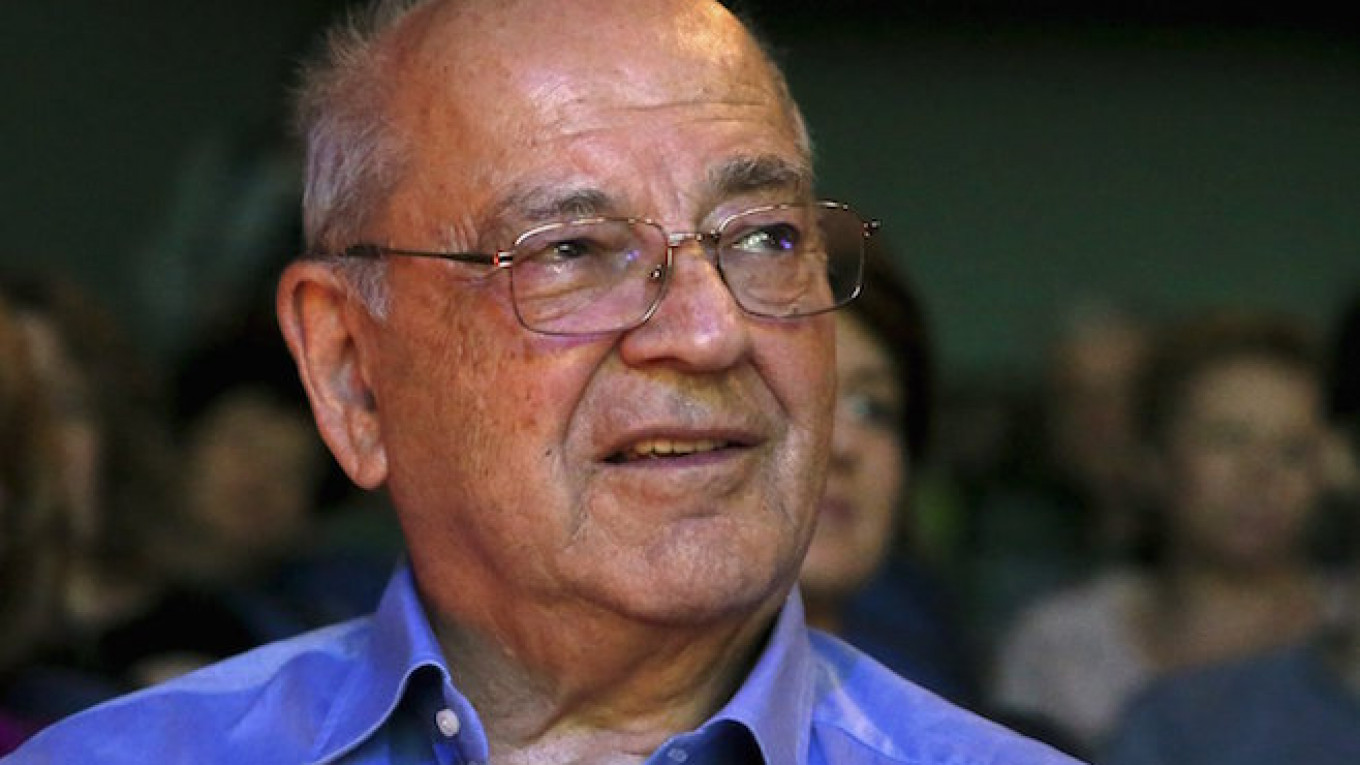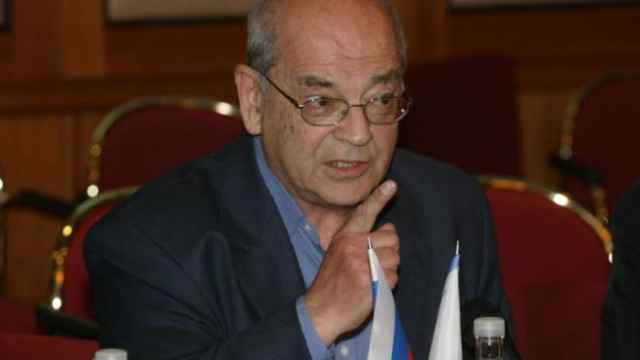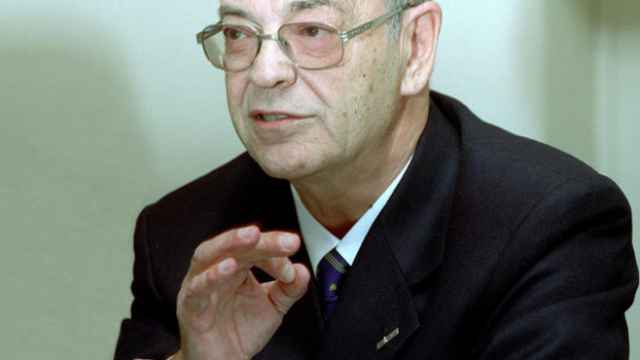A Russian law designed to stop civil society groups trying to stir rebellion against President Vladimir Putin's rule is having unforeseen side effects: it threatens to close down a foundation that helps gifted school children study science.
Russia's Justice Ministry has added the Dynasty charitable foundation to a register of organizations designated "foreign agents," and the wealthy businessman who finances it has said he will now have to halt its activities.
Until now, most of the bodies added to the register have been human rights organizations or groups critical of the Kremlin, but in the latest case those affected are far removed from politics.
Sergei Popov, an astrophysicist who has received funding from Dynasty to take part in science fairs in Siberia and Russia's Far East, told Reuters they may have to stop. Another recipient of funding, bioengineering professor Mikhail Gelfand, said he may have to cancel biology workshops he was planning to teach next year.
The fact that the foundation has been targeted by the authorities is seen by some Kremlin critics as a sign that Putin's machinery for maintaining power is taking on a momentum all of its own.
"The authorities themselves can no longer control their own machine for keeping control," said Gelfand. "Or they believe everything that moves or breathes has to be crushed."
Kremlin spokesman Dmitry Peskov said any organization included on the register had the right to appeal, and that the designation did not stop them from continuing to function.
"It's therefore, to be honest, hard to explain from my point of view why there has been this over-the-top reaction," Peskov told reporters.
The Justice Ministry, in an emailed statement to Reuters, said it added Dynasty to the register after a routine check of its documents.
It said the check showed the foundation received financing from foreign sources, and also that it was involved in funding political activity. It did not give further details.
Spit in the Face
The Dynasty foundation is supported by Dmitry Zimin, who sold his stake in Russian mobile telecom firm Vimpelcom in 2001 and has since been involved in philanthropy.Russian media have reported that Zimin was channelling his own money to the foundation via vehicles which he controls and which are based outside Russia. Zimin himself, in an interview with Reuters, would not discuss how the foundation is financed.
He said in the interview he did not want to continue financing the foundation under the foreign agency designation.
"Am I supposed to give my money not on my own behalf but on behalf of some foreign agent that I don't know? No, of course not."
Responding to the remarks from the Kremlin spokesman, Zimin said: "That's a question for them. If someone spits in their face, would they be prepared to think that was okay? Somehow that doesn't work for me."
In 2012 Russia's parliament adopted new rules obliging groups that engage in "political activity" and receive any funding from abroad to register as "foreign agents", a move described by Kremlin critics as an attempt to muzzle dissent.
Groups that have been affected say being included on the register attaches a stigma to them which makes it impossible to find sponsors and collaborators inside Russia, and they are also subject to burdensome official audits.
Until now, the law has not generated much domestic opposition outside the small, liberal opposition. But the case of the Dynasty foundation has prompted people close to the Kremlin, who are normally silent on such issues, to speak out.
Alexander Shokhin, who heads Russia's main business lobby, told Business FM radio station: "If NGO's like this end up on the list, there's something wrong with the legislation."
Alexei Kudrin, who served for many years as finance minister under Putin, posted on Twitter that the law was "harmful."
According to its website, Dynasty runs 20 programs for the support and popularization of science, focusing on physics, mathematics and biology.
This year the foundation planned to spend 435 million rubles on projects that included publishing science texts, supporting gifted school children and running science festivals in remote Russian regions.
Ilya Shurov, a mathematician, received a grant from Dynasty in 2010 under the sole stipulation that he keep doing his research in Russia.
Asked about the authorities' treatment of the foundation, he said he felt like a student "whose professor got beaten up by hooligans."
A Message from The Moscow Times:
Dear readers,
We are facing unprecedented challenges. Russia's Prosecutor General's Office has designated The Moscow Times as an "undesirable" organization, criminalizing our work and putting our staff at risk of prosecution. This follows our earlier unjust labeling as a "foreign agent."
These actions are direct attempts to silence independent journalism in Russia. The authorities claim our work "discredits the decisions of the Russian leadership." We see things differently: we strive to provide accurate, unbiased reporting on Russia.
We, the journalists of The Moscow Times, refuse to be silenced. But to continue our work, we need your help.
Your support, no matter how small, makes a world of difference. If you can, please support us monthly starting from just $2. It's quick to set up, and every contribution makes a significant impact.
By supporting The Moscow Times, you're defending open, independent journalism in the face of repression. Thank you for standing with us.
Remind me later.






